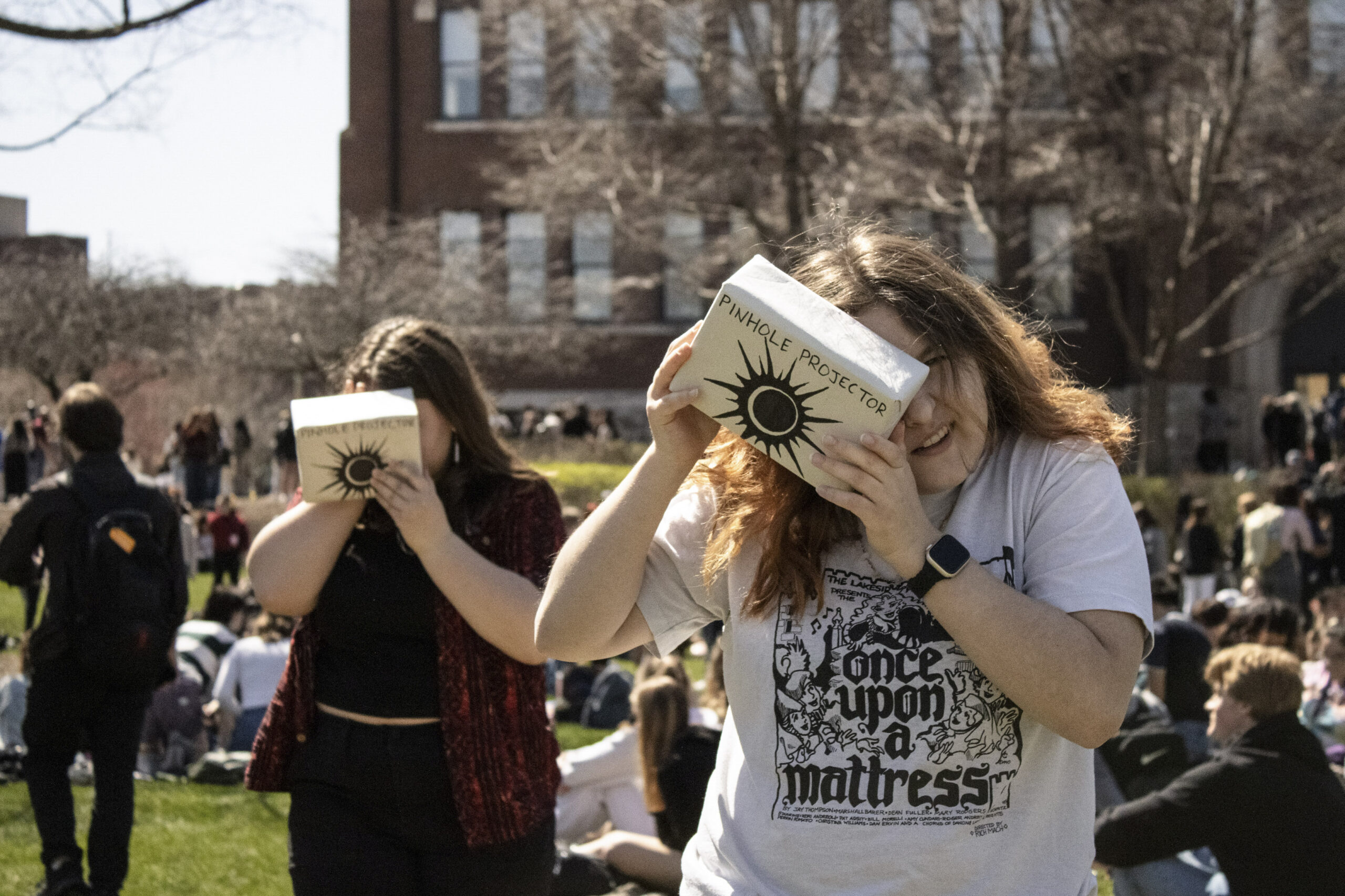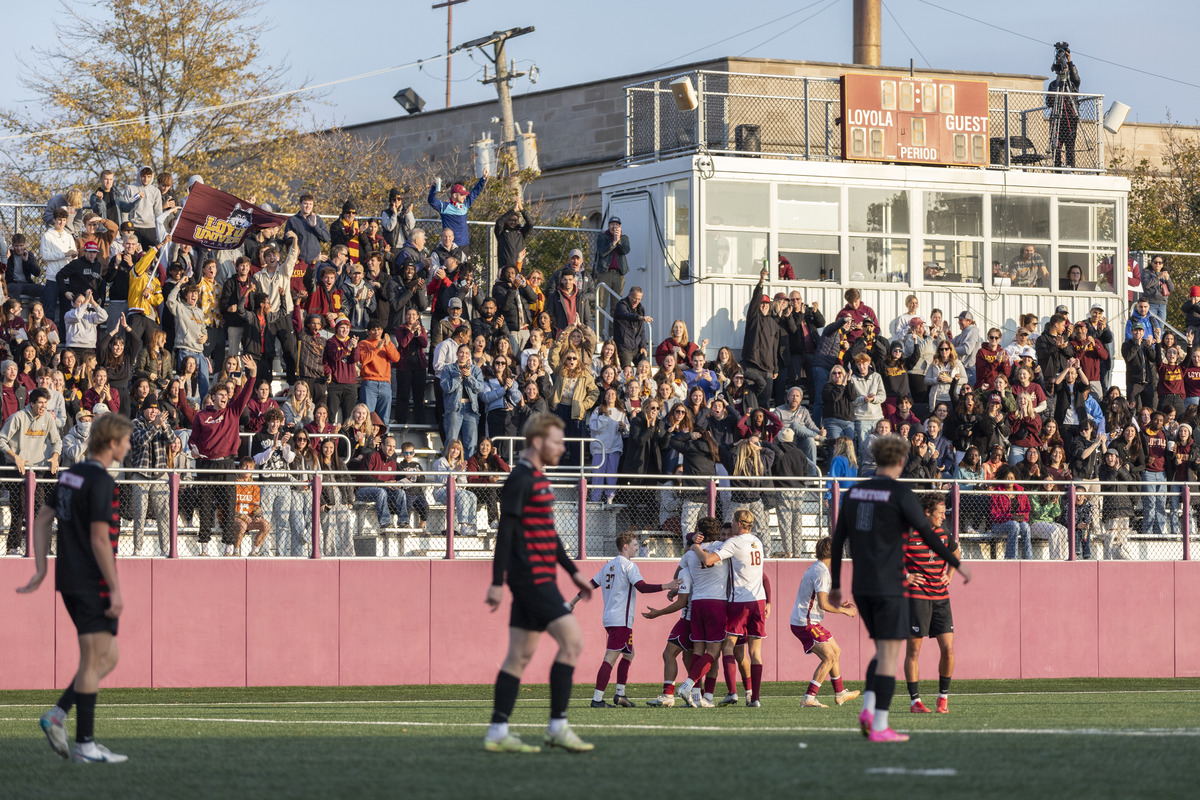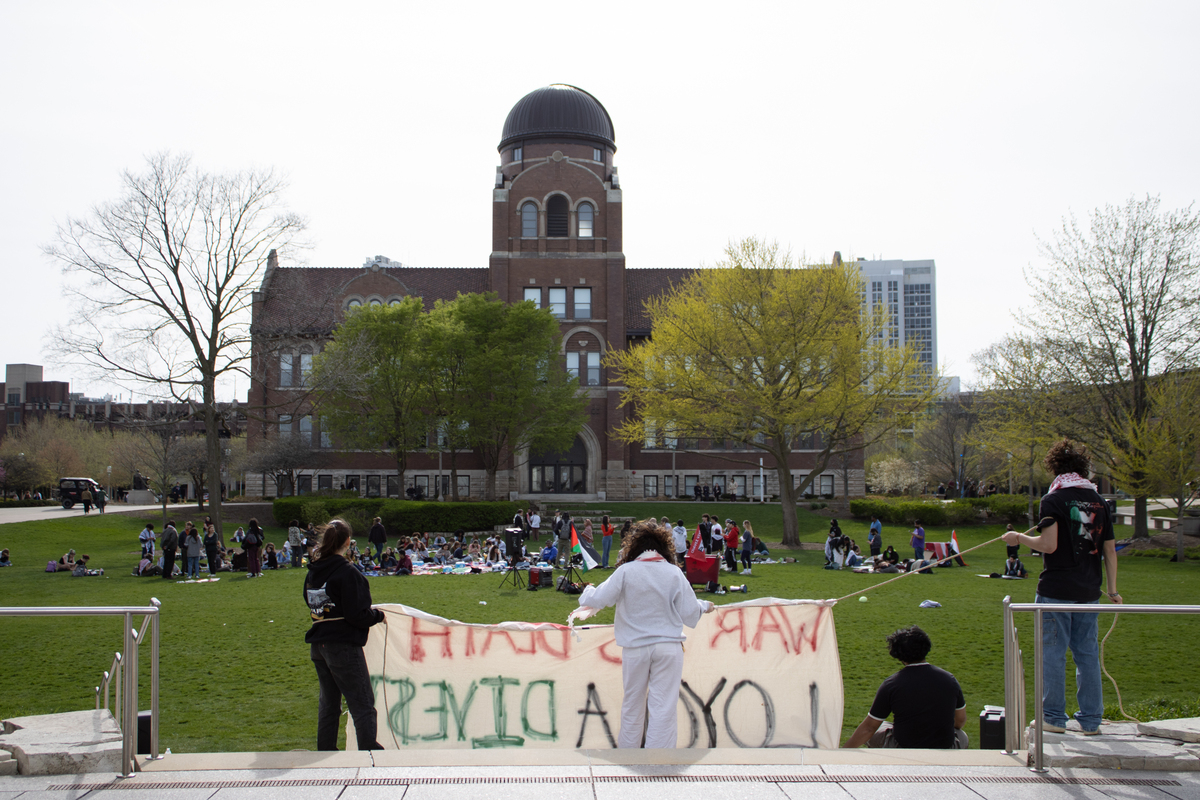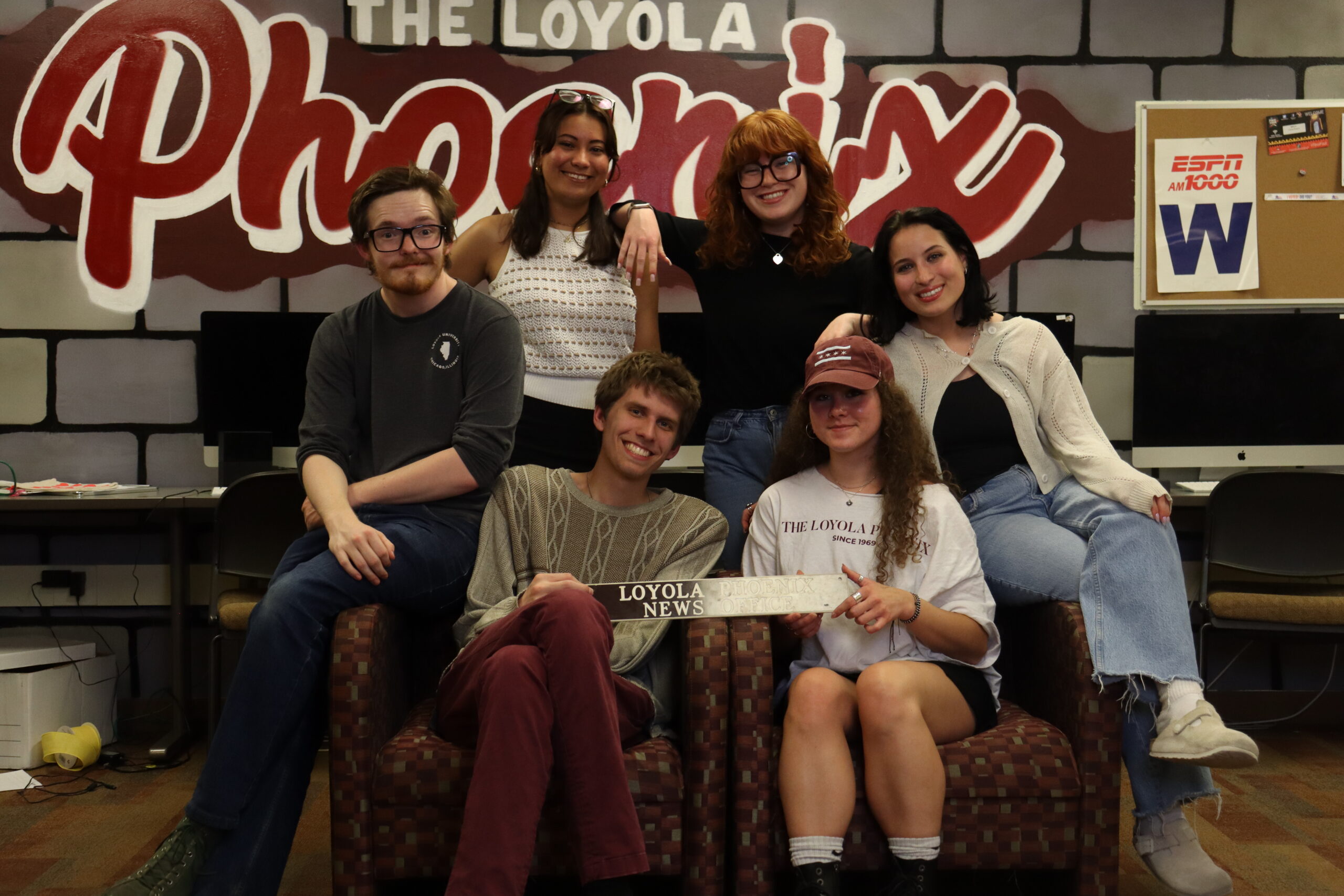Student veterans at Loyola are organizing a push to make COVID-era changes to veteran benefits legislation permanent.
Student Veterans Organize Legislative Push To Make Pandemic Era College Welfare Changes Permanent
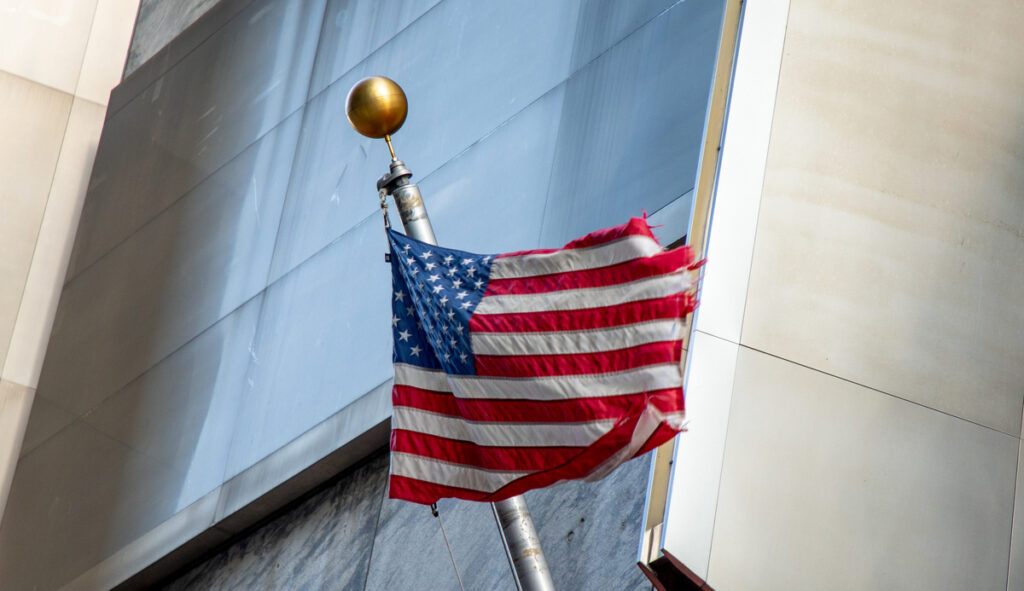
Josh Jones, a senior majoring in biology, was shocked when a week before the summer term began, he received an email from his advisor explaining he had to rapidly change his course schedule. He found himself in danger of losing housing assistance benefits he receives as a student veteran.
“Luckily I had another required course that was offered in person, but, if I didn’t, I would be forced to take a class I didn’t need at all just to retain benefits,” Jones, the president of the Loyola chapter of the Student Veterans Association (SVA), said. “It was one course in the second semester of the summer, but that affected my entire first semester schedule as well.”
Jones, 24, was forced to change his enrollment schedule due to the quiet expiration of a COVID-19 era change to the Post 9/11 GI Bill, which allowed benefits for college student veterans to apply for online learning. In the legislation’s current form, student veterans who are not enrolled in at least one in-person course have their housing allowance cut by 57%.
Jones has joined forces with other members of the SVA at Loyola who are now advocating and lobbying for the legislation to be permanently amended to permit benefits to students whose courses are entirely provided online.
Student veterans at Loyola receive a monthly housing allowance of $2,175, according to the U.S. Department of Veterans Affairs (VA). With the 57% reduction, students would receive only $1,239. The median rent in Chicago is $1,154 according to the US Census Bureau.
The housing allowance differs from school to school, as the VA takes into account the cost of living in different areas, according to the VA website.
Since the pandemic, universities have begun offering more classes virtually, and Jones explained some required courses and programs are now only offered online. Specifically, during the summer term and January term a large percentage of classes Loyola offers are virtual instead of in person.
“The universities adapted and reacted to that situation, but then realized the benefits of having distance learning,” Colin Anderson, 25, Loyola SVA communications director, said. “It’s cheaper, it’s easier for them to schedule, and they don’t have to worry about classrooms and class times, now the legislation and the government want to return to a pre-COVID era that just doesn’t exist.”
Loyola’s SVA Vice President Carly Fournier, who previously served in the navy for eight years, said this support is vital for veterans who are typically older than normal college students and often lack the financial support of their parents.
“A lot of veterans have families, they have children, they have real life stuff they need to support,” Fournier, 27, a graduate student studying environmental studies, said. “Just because online learning happens, our rent isn’t suddenly half off. If you’re expecting this money to come in and then it doesn’t you could be evicted.”
There are 140 active GI Bill users at Loyola and between 8,000 and 11,000 students who receive benefits from the GI Bill in Illinois, according to Jones.
Anderson, a first-year student studying Advertising and Public Relations, said the Loyola SVA team met with representatives from the office of Illinois Senator Tammy Duckworth, an Iraq War veteran herself, to discuss moving forward legislatively. He said they have also met with members of the Illinois Department of Veterans Affairs and leaders of the national SVA organization.
Anderson said the change is especially pertinent as students can only receive veterans benefits for 36 months, meaning they sometimes cannot afford to push required courses back a semester or two.
“That sometimes will push us past our allotted benefits, so beyond just losing the housing payments all of the sudden we’re not going to have the GI Bill throughout college, so it kind of destroys the provided purpose of the GI Bill,” Anderson said.
Fournier said they are currently working to get other SVA chapters to join them in their cause, focusing specifically on schools with high veteran populations in major urban areas, as the cost of living is typically higher in cities.
She said the hope is that other chapters sign on and begin lobbying their local members of Congress, just as the Loyola chapter has worked with Sen. Duckworth.
“This isn’t just Loyola, we are a part of SVA, and we have our chapter at Loyola,” she said. “At other SVAs in the Chicagoland area, there are students at other universities going through the same issues.”
Jones and other members of SVA were invited to speak at the American Legion 103rd National Conference where they advocated for their proposal in front of many influential figures including members of the Department of Education.
Anderson, who served for five years, said their advocacy was spurred by the veteran community, whose members, he says, are constantly looking out for one another’s well- being.
“It is 100% important for me and I think everyone I work with to help all the veterans we know out,” Anderson said. “We went through those rough times together, we will continue to push through those rough times together and it’s kind of our mission to aid veterans to college, through college and beyond college.”
Featured image by Victor Adegoke | The Phoenix




